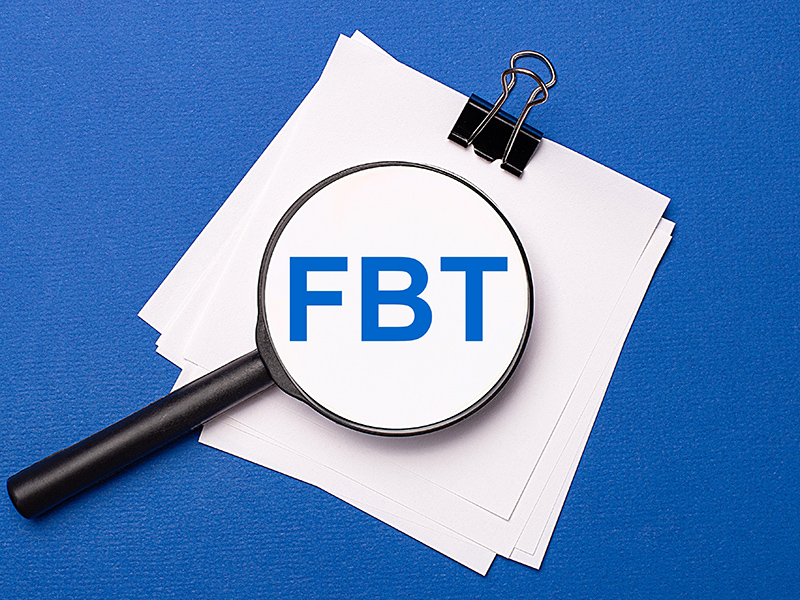
Data matching cryptocurrency and tax – staying compliant with the ATO
The Australian Taxation Office (ATO) has announced a data-matching program targeting crypto asset transactions from the 2023-24 to the 2025-26 financial years. Data will be collected from designated crypto service providers, affecting an estimated 700,000 to 1,200,000 individuals and entities annually.
The program aims to promote voluntary compliance by showcasing how external data is used alongside ATO data to encourage taxpayer compliance. It seeks to identify and educate non-compliant taxpayers, helping them to meet their obligations.
As cryptocurrency often involves many and varied transactions which can trigger a capital gains tax event.
The ATO will gather the following data types from cryptocurrency designated service providers to match against tax returns:
- Client identification details
- Names
- Addresses
- Date of birth
- Phone numbers
- Social media accounts
- Email addresses.
- Transaction details
- Bank account details
- Wallet addresses
- Transaction dates and times
- Transaction types (e.g., deposits, withdrawals)
- Transaction quantities
- Coin types.
How does the ATO classify crypto currency for tax implications?
The ATO has specific guidelines for classifying cryptocurrency as a personal use asset or not, which can affect how it is taxed. The classification of cryptocurrency as a personal asset or not is particularly relevant for determining whether any capital gain or loss from the disposal of the cryptocurrency needs to be reported for tax purposes.
Personal use asset
Cryptocurrency is considered a personal use asset only if it is kept or used mainly to purchase items for personal use or consumption. The ATO may require evidence that the cryptocurrency was directly used to acquire goods or services for personal use to accept its classification as a personal use asset.
Personal use requirement
To qualify as a personal use asset, the cryptocurrency must be used primarily to purchase personal goods and services. If you are buying cryptocurrency with the intention to hold it as an investment, trade it, or use it in a business, then it will not qualify as a personal use asset.
Timing
The timing of the acquisition and use of the cryptocurrency is crucial. Cryptocurrency must be spent on personal use items within a short period of acquisition to be considered a personal use asset. Holding cryptocurrency for a long period before using it for personal transactions may lead it to be categorised as an investment instead, with different tax implications.
Exemption threshold
If the cryptocurrency is a personal use asset, any capital gain realised upon its disposal may be disregarded, provided the cost of the cryptocurrency is $10,000 or less. However, this exemption does not apply to losses—they cannot be used to offset other capital gains.
Non-personal use asset
Investment purpose
If cryptocurrency is acquired primarily as an investment, it is treated as a financial asset for capital gains tax (CGT) purposes rather than a personal use asset. This is the most common scenario for exclusion from the personal use classification.
Business transactions
When cryptocurrency is used in relation to business transactions, either as trading stock or as part of conducting business operations (e.g. receiving payments for goods or services offered by a business), it is not classified as a personal use asset.
- Goods and Services Tax (GST)
Where a business is registered for GST and accepts crypto assets as payment, they must account for GST on the supplies they make and declare these in their business activity statement. Certain crypto intermediaries make supplies that may be subject to GST and may be required to register for GST. - Fringe Benefit Tax (FBT)
When employees receive crypto assets as remuneration under a salary sacrifice arrangement, the payment of the crypto asset is a fringe benefit.
Long-term holding
If there is a considerable time lapse between acquiring the cryptocurrency and using it to purchase personal use items, the cryptocurrency is more likely to be considered an investment, particularly if its value has been subject to fluctuation in the interim.
Trading or speculation
Engaging in activities that demonstrate trading or speculation, such as frequent transactions aimed at profiting from exchange rate fluctuations, will categorise the cryptocurrency as either trading stock or an investment asset, not a personal use asset.
Tax Implications
- Capital Gains Tax
If cryptocurrency is classified as an investment, any gain from its disposal will be subject to capital gains tax. The gain is calculated as the difference between the cost basis of the asset (what you paid for it, including any associated costs) and the proceeds received from the disposal. If the cryptocurrency was held for more than 12 months, individuals may be eligible for a CGT discount of 50%. Read more about CGT in our Capital Gains Tax Explained article. - Trading Stock
For businesses, if cryptocurrency is considered trading stock, it must be valued at the end of each income year, and the changes in value are treated as ordinary income or deductions.
In any of these scenarios, the tax implications can significantly affect the net outcome of holding or transacting with cryptocurrency. Therefore, understanding how your activities with cryptocurrency align with ATO guidelines is crucial for compliance and optimal tax handling.
Record keeping
Entities or individuals completing crypto transactions, need to keep a record of the following:
- Date of the transaction
- Value of the transaction in Australian dollars at the time of transaction
- What the transaction was for
- Who the other party was (or their crypto address)
- Relevant receipts.
There are third party services that provide tracking of this data to assist in relevant record keeping.
As the use of cryptocurrency evolves, so may the interpretations and policies of the ATO, so it’s important to stay updated with their latest guidelines and consult a tax professional.



